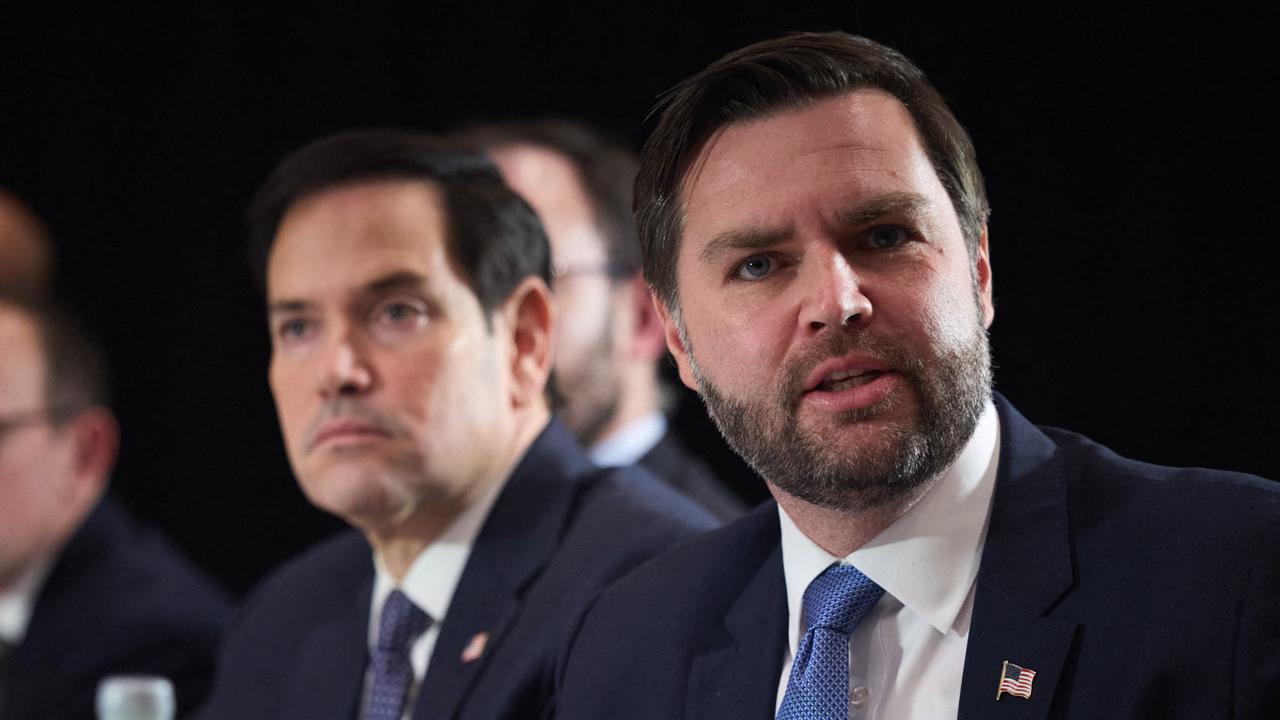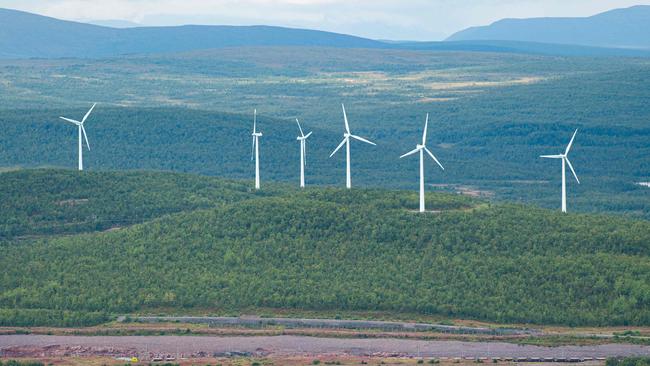
Two days ago, the new centre-right Swedish government announced an energy policy U-turn. You won’t read much about it because the media’s confirmation bias means it mostly reports only “news” to reinforce climate alarmism. And the nature of Swedish politics – consensual, with multi-party coalitions – means decisions don’t always stick or mean as much as they seem.
Still, the government’s announcement that it was ditching Sweden’s long-legislated plans for 100 per cent renewable energy by 2040 because the country needed “a stable energy system” is a significant blow to the hitherto unchallenged march to renewables, at least among Western nations.
In a statement, Finance Minister Elisabeth Svantesson said wind and solar were too “unstable” to meet a modern economy’s 24/7 energy requirements. Although the government still wants a “clean” energy system, this no longer will be based on renewables but on the nuclear power that currently provides about 30 per cent of Sweden’s total electricity.
“We need more electricity production, we need clean electricity and we need a stable energy system,” she said, adding: “In substantial industrialised economies … only a gas to nuclear pathway is viable to remain industrialised and competitive.”
You can only imagine the teeth-gnashing hysteria of Swedish child climate activist Greta Thunberg at this announcement, can’t you?
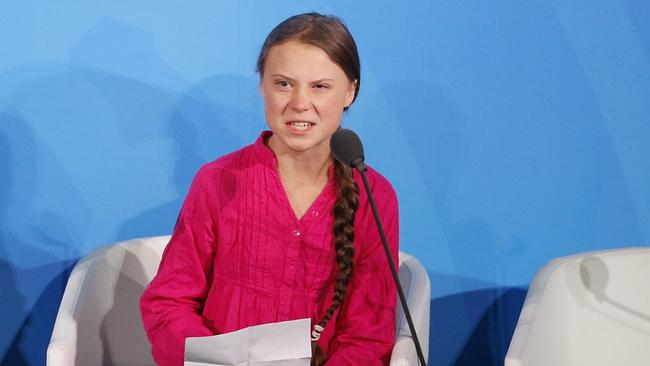
Previously, Sweden has been at the very forefront of “stronger action on climate” with more than 40 per cent of its power generated by hydro and nearly 20 per cent by wind. Plus, in addition to the 100 per cent renewables by 2040 commitment, Sweden had a commitment to countrywide “net zero” by 2045. Sweden’s move is the biggest step so far towards climate realism, but it’s also just the latest move away from the “transition at any cost via renewables” mindset that has dominated Western governments’ thinking for the past two decades.
Far from diminishing its reliance on nuclear, France is now set on increasing it. And while the green-left government in Germany has finally closed its last three nuclear plants, it still imports plenty of nuclear power from French plants across the border. It also is extending brown coal mining to keep the lights on in the absence of Russian gas.
In Austria, the government recently moved to revive closed coal-fired power generation. And a sizeable ginger group of British Conservative MPs thinks the only way to create a winnable contest with Labour at the next election is to drop the bans on new petrol and diesel-powered car sales from 2030, stop the looming ban on new gas boilers for domestic heating, and allow more exploration and extraction of North Sea oil and gas.
Meanwhile, here at home, our government is doubling down on the green dream, despite more and more energy experts arguing the transition is going too far and too fast, threatening all the businesses and jobs that depend on reliable and affordable 24/7 power.
In an extraordinary article, Alan Finkel recently extolled his vision splendid of forests of wind turbines and fields of solar panels stretching as far as the eye can see. But instead of recoiling from this dystopia, the former chief scientist expected us to embrace it as a necessary element in the supposedly essential move to net zero.
In a revealing speech last year, Energy Minister Chris Bowen enthused about the scale of the challenge ahead.
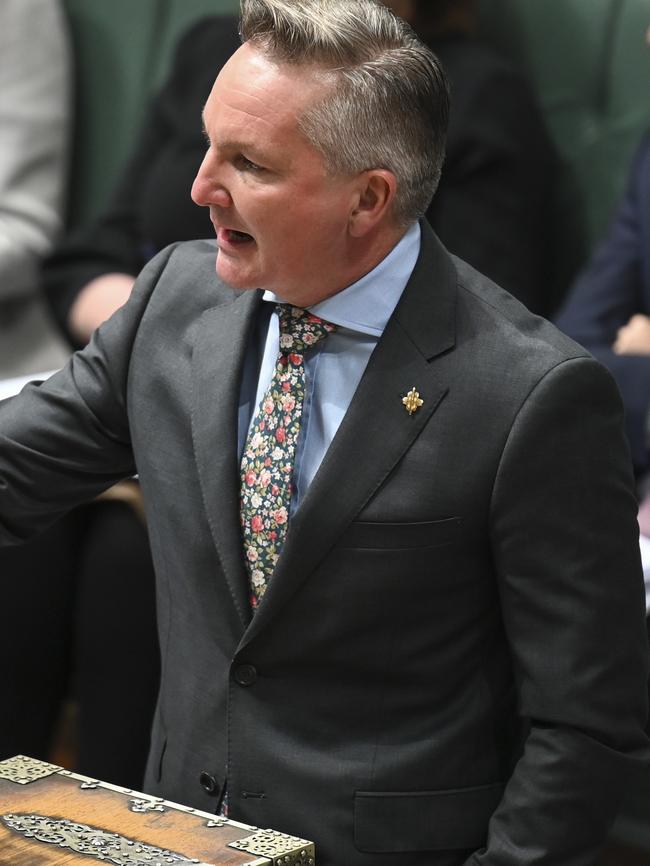
Getting to the government’s now-mandatory legal target of 82 per cent renewable power generation by 2030, he declared, would require the installation of 22,000 solar panels every day, and the erection of 40 large wind turbines every month for the next seven years. Plus, 28,000km of new transmission lines would have to be constructed for the resultant decentralised grid – even though, given the intermittency of wind and solar, these would be active only 30 per cent of the time on average.
To Bowen – who conveniently neglected the consequential need for “firming” – this was a necessary but welcome task, requiring a mobilisation of resources unprecedented outside wartime.
But to more and more of the people charged with keeping the lights on, and needing reliable power to keep jobs and production going, it’s mission impossible.
In the real world it’s simply not happening, given the practical difficulties in getting permissions to build; and it can’t actually happen given the astronomical cost (the government estimated transmission capital costs alone at $80bn pre-election) plus chronic shortages of material and skilled workers.
But while Australia seemingly can’t wait to close down all our remaining coal-fired power stations in a bid to save the planet by eliminating our 1 per cent contribution to mankind’s global emissions, outside of the emissions-obsessed West there’s no such indulgence.
Last year, according to the just-released Energy Institute’s Statistical Review of World Energy, wind and solar power between them accounted for less than 6 per cent of total global energy usage.
The much-maligned fossil fuels, oil, gas and coal, together accounted for almost 82 per cent of total global energy consumption, barely down on the previous year, despite near ubiquitous virtue-signalling and green chest-thumping. Even in the global electricity sector, last year wind and solar were less than 12 per cent, while coal and gas usage was at record highs. Yet somehow we think we can close all our coal-fired power stations within a decade and get 70 per cent of our electricity from wind and solar, within just seven years. There’s only one word for this: mad!
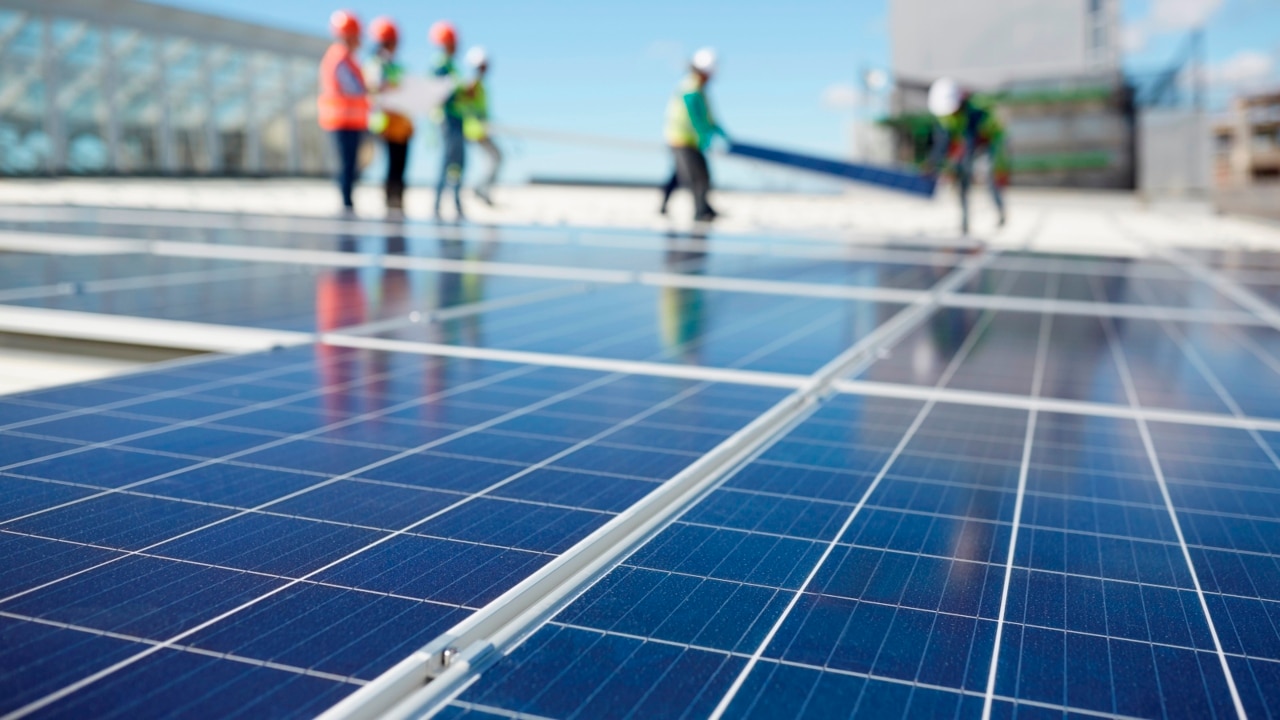
If it really is necessary to get to net zero any time soon, nuclear power is the only feasible means, yet the Albanese government is almost hysterically opposed to it – despite the illogicality of opposing on land the nuclear power source that the government is committed to having on our submarine fleet tied up dockside.
And there’s really no technical obstacle to having the small modular reactors that many countries are now considering because these have been safely powering ships and submarines for more than a half-century.
For years Sweden, with its extensive welfare state, strong environmental protections and entrenched social-democratic political culture, has been a role model for the left in Australia. Yet most recently Sweden was the only Western country that refused to lock down its citizens in response to Covid-19, following its existing well-developed pandemic plan rather than mimicking China’s lockdown panic that we imported.
The outcome: Sweden’s excess death rates have been lower than most other countries, it missed a massive extra debt burden and its citizens largely avoided two lost years. Now, the country that gave us the child prophet of doom, Thunberg, actually may be leading the world into climate common sense.






